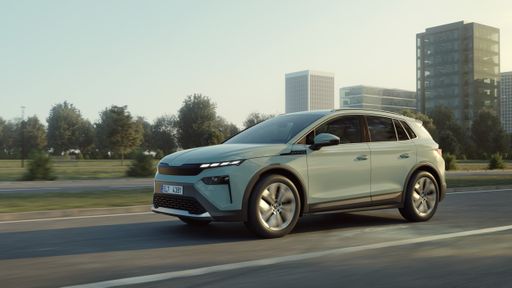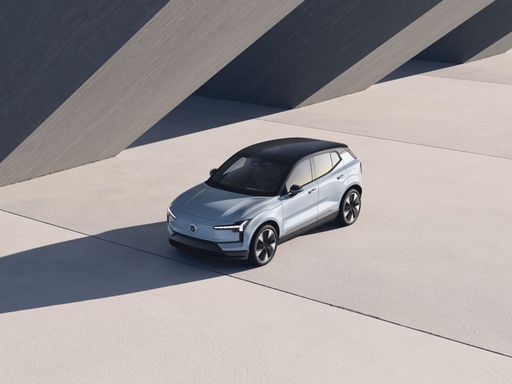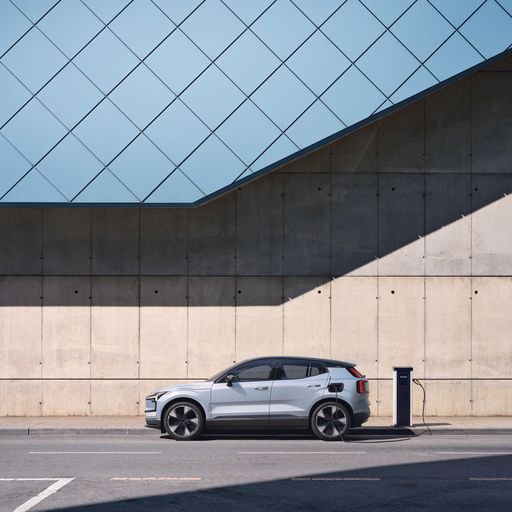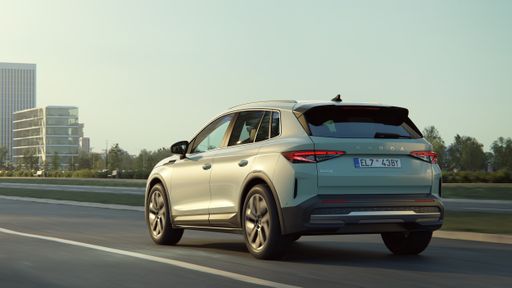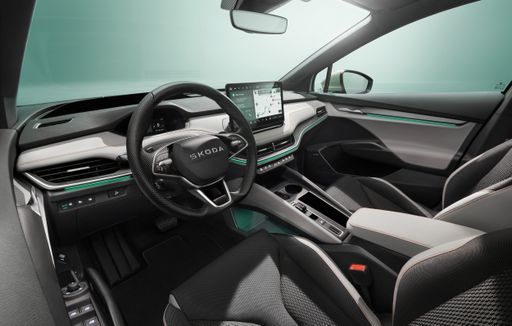Introduction: EV Showdown – Volvo EX30 vs. Skoda Elroq
The electric vehicle market continues to expand, with more brands stepping up to offer consumers eco-friendly yet capable SUVs. In this article, we will compare two notable contenders: the Volvo EX30 and the Skoda Elroq. Both models promise efficiency, innovative technology, and a range of capabilities. Let’s dive into their technical specifications and innovations to see how they stack up against each other.

